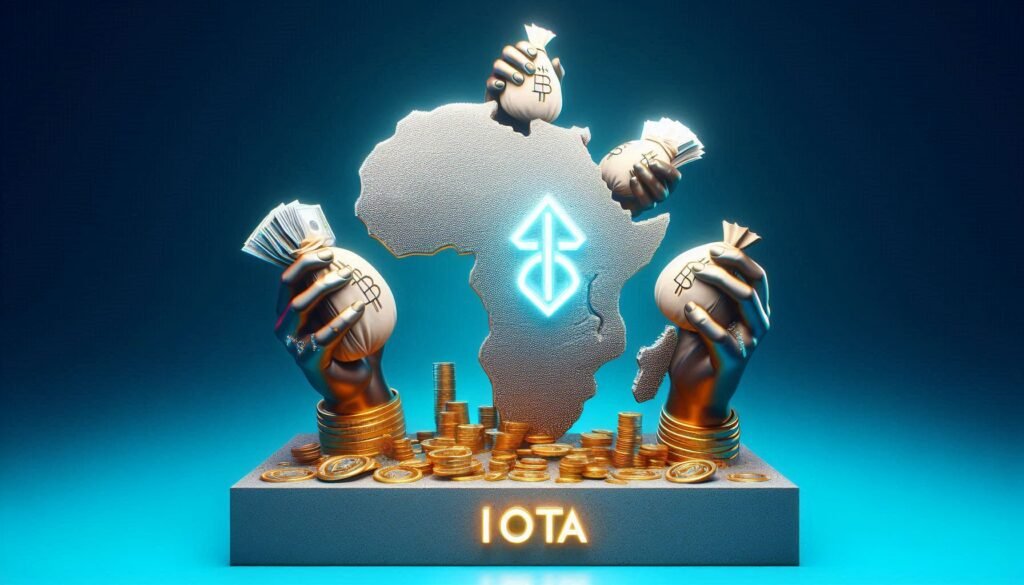IOTA has facilitated many financial solutions worldwide since its inception, having a significant impact in Africa. Notably, IOTA‘s Trade and Logistics Information Pipeline (TLIP) seeks to expand the tech company’s innovations to East Africa.
The company is set to sponsor the African Customs and Trade (ACT) conference in Nairobi, Kenya on October 7. Using this platform, IOTA will highlight how its past innovations have reshaped trade and new potential for the continent.
IOTA’s TLIP to Expand to East Africa
Interestingly, the theme for the ACT Conference 2024 edition is “Borderless Trade: Effective Trade Facilitation in the Digital Age”. Accordingly, stakeholders from various African nations will be present, headed by Kenya’s tax regulator: the Kenya Revenue Authority (KRA).
In addition, trade experts and other prominent tech service providers will attend the conference in Nairobi. Together, these entities would discuss Africa’s contribution to evolving global digital trade systems.
As announced in a post on X, “Join 54 Heads of Revenue Authorities, policymakers, & innovators at the ACT Conference, shaping the future of trade in Africa. We’re excited that TLIP, built on IOTA, will present its digital solutions for streamlining customs & cross-border trade,” said IOTA.
Also, the adoption of digital financial solutions like DeFi and blockchain-powered alternatives in East Africa and beyond will be discussed.
Implications of Borderless Trade in Africa
Promoting borderless trade in Africa has far-reaching implications for economic growth, development and integration. Markedly, it will drive intra-African trade, economic diversification and job creation.
By leveraging their collective strengths, African countries will attract foreign investments and improve local currency value through borderless finance.
About IOTA’s TLIP
The Trade and Logistics Information Pipeline (TLIP) is a part of the IOTA community and is built on IOTA’s blockchain framework. Utilizing this advanced tech, TLIP seeks to expand digital financial solutions to East Africa and other regions in the continent.
Notably, TLIP’s infrastructure allows users to access digital trade info in real-time and explore databases to facilitate trading efficiency.







One Response